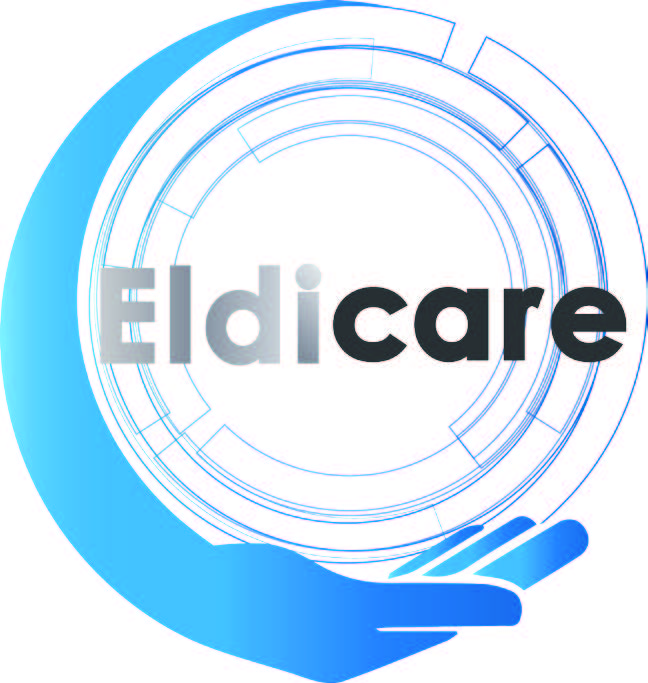Eldicare

Matching skills in a growing European Silver Economy
Erasmus+ KA2 – Cooperation for innovation and the exchange of good practices
601115-EPP-1-2018-1-EL-EPPKA2-SSA
694.174,00 €
11/2018 - 10/2020 (24 months)
Greece, Spain, United Kingdom, Czech Republic, Germany
Visit the Project's Website
Eldicare
Our rapidly aging society is the more and more in need for caregivers who have the appropriate skills to accompany those going through the final stages of life. We live in an age of growing demand for health and social services. Dramatic demographic change – higher life expectancy coupled with declining birth rates- and radical shifts in employment and family patterns result in a rapidly growing demand for formal care services and skilled workers targeting needs which were previously informally met by families. In parallel, many European governments have cut funding to the social sector as part of their financial reform schemes. Therefore, snowballing burdens impact the health and social services provision across the EU. Many countries suffer from severe staff shortages in the sector, and oftentimes social workers do not have adequate skills due to a lack of (quality) training opportunities, both prior to entering the profession and as continuous career development.
In Europe, most of those who take care of an old person are either their family members or disadvantaged workers: undeclared migrants, labourers with no qualifications or with a nursing or kin qualification gained outside the EU and not automatically validated in the Union’s member states.
When the old person who is cared for passes away, informal caregivers encounter many obstacles to enter or re-enter the job market. They do not get any recognition and visibility for their caregiving experience and there is no way, for them, to get the skills gained through their experience formally validated, economically appraised and socially enhanced.
The Eldicare project tackles this thorny issue by providing actual and perspective caregivers of the elderly with skills recognition patterns, standardised training programmes leading to certification, and opportunities for more dignified carrier pathways.
The project’s mission is to define the caregiver of the elderly as a distinguished professional profile, with its own specific skills, qualification and training patterns. In parallel, ELDICARE intends to pave the way to rethink and rebrand the elderly care sector by better exploiting the ICT and smart healthcare potential, and bridging traditional approaches with modern applications and cutting-edge technologies.
Objectives of the project
- Respond to the recognised demand for tech-literate elderly care professionals with the capacity to learn, use and evaluate online tools and e-health applications.
- Develop a new Work-Based Learning Scheme for Ageing Care Givers, that is going to provide the necessary linkage between VET Training and Actual Work.
- Increase customer satisfaction through state-of-the-art services for the elderly, designed to maximize efficiency by taking advantage of innovations and cutting-edge technologies.
- Improve access to lifelong learning e-platforms, mainstreaming equal opportunities and inclusion into training and making it openly accessible to wider groups of professionals in the elderly care sector.
- Strengthen the exchange of knowledge and practice between vocational education and training institutions and the labour market by establishing integral mechanisms for consultation among all stakeholders at all stages of the project and integrating work-based learning in the joint curricula.
- Facilitate increased recognition of qualifications at European level within the sector concerned by putting in place robust quality assurance mechanisms and clear guidelines for accreditation.
- Develop an environment that is going to foster the employability of young people in the ageing sector, providing adequate tools that will better their working conditions and the quality of services provided.
- Enhance transparency and recognition of skills and qualifications of ageing care workers, providing a unique “ageing care worker” occupational profile, that is going to set the professional standards and provide a clear career path and the necessary training modules an ageing caregiver has to attend in order to become a qualified professional.
- Develop a mechanism for ensuring the knowledge and mental abilities to age caregivers, creating the first Ageing Care Givers Qualification Tool that is going to validate the abilities and competencies (skills and mental ability) of potential ageing caregivers.
- Provide a clear picture of what an ageing caregiver should and should not do, while elderly, with the development
Expected Results
- WP1 Management will ensure the effective and efficient management and implementation of the project. This will be facilitated by a partnership agreement, a project management handbook and five face-to-face project meetings. Progress and Financial reports will be submitted at the project’s mid-term and completion. Furthermore, the evaluation process will provide the structure to evaluate the overall project and main results in an external evaluation methodology and reports developed by an independent consultant so as to identify the successes as well as specific shortcomings of the project’s processes and outputs.
- WP2 Scoping Analysis and State of the Arts review will develop a sound and updated knowledge base for curricula development (WP3) and delivery (WP4) through a scooping analysis report which will present the state-of-the-art training and learning methodologies for the elderly care sector in the participating countries.
- WP3 Core Curricula Design will develop two VET curricula that will enhance the employability of elderly caregivers across Europe within the areas of Digital & New Technologies Skills. In addition, methodological tools and learning and teaching resources will be designed and developed for trainers, learners and employers in each country. What is more, a Psychometric Tool to test the mental capacity of elderly care workers is going to be designed for the purpose of the project.
- WP4 Curricula Delivery consists in ensuring that the curricula developed under WP3 are fit-for-purpose and relevant to industry needs. This aim will be achieved through the organization and implementation of a piloting programme resulting in four preparatory workshops, piloting the two curricula in each participating country leading to the design of two final curricula resources.
- WP5 Quality Assurance aims to ensure the project meets effectiveness through high-quality standards processes and outputs; additionally, WP5 will ensure curricula meet the requirements for accreditation via establishing long-term procedures for QA of the curricula and accreditation guidelines and plans.
WP6 Dissemination will maximise the project’s reach and awareness through an online platform, a set of promotional materials, three publications presented at public events, four info days in the UK, Spain, Germany, Belgium and Greece and an International Conference in Brussels. Exploitation and Sustainability will put in place appropriate measures to maximise the impact of the project so that the benefits are reaped far beyond the lifetime of the project in a sustainable manner. This includes four teasing workshops with VET trainers in performing arts and Policy Makers four demonstration workshops for educational bodies and policy dialogue on demand-led curricula development, NOS and NQF in performing arts.
Project Activities
- WP1 Management
- WP2 Scoping Analysis and State of the Arts review
- WP3 Core Curricula Design
- WP4 Curricula Delivery
- WP5 Quality Assurance
- WP6 Dissemination
Project Partners
- European Association of Institutes for Vocational Training (EVBB) – Lead Partner (Germany)
- AKMI ANONIMI EKPAIDEFTIKI ETAIRIA (Greece)
- University of Malaga (Spain)
- University of Staffordshire (United Kingdom)
- Age Concern Birmingham (United Kingdom)
- Asisttel (Spain)
- KMOP (Greece)
- APSS (Czech Republic)
- Acquin (Germany)
- BQS GmbH Döbern (Germany)
- Skybridge Partners Outsourcing Services ΙΚΕ (Greece)
- Metropolitan College (Greece)


